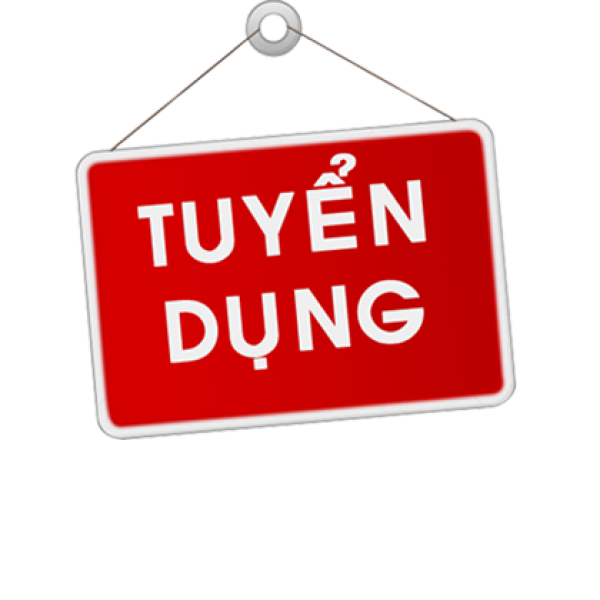Contact Admission
Why do people who have received COVID-19 vaccine still have to wear a mask?
Canada asked to wear a mask even though it was vaccinated with COVID-19 - Photo: lapresse.ca
The answer is that at present, there is no definite information that the person who received the vaccine is not at risk of corona virus infection to the unvaccinated person, in addition, the vaccine trials are also incomplete.
Viruses can still multiply in the nose
The L’Actualité (Canada) magazine explains: scientifically, it is extremely difficult to prove that COVID-19 vaccine prevents SARS-CoV-2 virus from infecting 100%.
When doing research in a laboratory (in a test tube), the scientists know if the antibodies neutralize the virus and prevent the virus from multiplying in cells. But for humans it is much more difficult.
Dr. Denis Leclerc at Laval University explained: "We already know that the neutralizing antibodies in the blood work effectively but still have the ability to multiply in the nasal cells because antibodies circulate in the nose. less than".
This problem has happened. For example, the vaccination against polio, injected by Jonas Salk, developed and used since 1955, is nearly 90% effective but cannot prevent the virus from spreading by mouth.
It was not until there was an oral vaccine developed by Albert Sabin in 1961 that polio was successfully eliminated.
Pharmaceutical manufacturers have tested but not enough
SARS-CoV-2 virus can remain in the nose because antibodies circulate in the nose less - Photo: AFP
Many clinical trials were performed to increase the effectiveness of the COVID-19 vaccine and reduce the risk of side effects by comparing the number of people infected between the vaccinated group and the placebo group. But to know how much the vaccine prevents infection, pharmaceutical companies must apply a different test.
They took regular nasopharyngeal fluid samples from asymptomatic volunteers, and then analyzed the samples by PCR. The purpose is to compare whether the group that had vaccinated had a positive result less than a placebo group in an asymptomatic person. But so far the number of samples analyzed is not enough to answer this question.
In December 2020, Moderna provided preliminary data demonstrating that compared with the placebo group, the group that received the first dose of the vaccine had nearly three times fewer asymptomatic cases. Actually the test was only done twice a month apart, so it was not enough.
AstraZeneca and Janssen (a subsidiary of Johnson & Johnson) also submitted data with conclusions about the possibility of reducing the number of asymptomatic cases in people who received the vaccine but the number of trials was insufficient to conclude anything.
Researchers noted what?
In the US, people who have been fully vaccinated are only allowed to remove masks in certain cases - Photo: AFP
In February 2021, British scientists published an (unapproved) study concluding that just one dose of Pfizer vaccine can four times reduce the likelihood of asymptomatic infection.
They compared the positive case rates of health workers between the vaccinated group and the group that did not. Results showed that several days after the first dose, the number of asymptomatic cases of the two groups was nearly equal. Twelve days later, the number of infections in the group that had injected decreased less than four times.
Also in February 2021, The Lancet published a study analyzing data collected a month after the AstraZeneca vaccine was licensed.
Research shows that after a single dose of vaccine, the number of asymptomatic infections decreased by 67% while two doses four weeks apart were halved.
In the middle of March 2021, Pfizer, BioNTech and the Israeli Ministry of Health announced that based on data collected from January 17 to March 6 in Israel, vaccines have reduced the number of asymptomatic cases by 97%.
In short, although very reassuring studies have come to be made of the studies (not yet purified), it is important to wait for certain information that the person who received the COVID-19 vaccine does not pose any risk of infection. people who have not injected yet, so people who have injected still need to wear a mask.
The US Centers for Disease Control and Prevention (CDC) has issued new regulations that allow people who have been fully vaccinated with COVID-19 to not wear a mask if: injected people meet in small groups in their house; In the group of injected people, there is only one person who has not injected, provided that no one has a loved one with COVID-19.
In all other cases, everyone must wear a mask and maintain a gap.
Source: tuoitre.vn
Other news
- These small but the benefit did not expect help prevent COVID-19 ( 08:44 - 27/04/2021 )
- Foods that help prevent breast cancer ( 08:42 - 27/04/2021 )
- How to recognize and prevent dengue fever ( 09:39 - 22/04/2021 )
- 6 ways to limit your risk of colorectal cancer ( 13:13 - 14/04/2021 )
- 5 warning signs of a weakened immune system and food to increase resistance ( 08:46 - 06/04/2021 )
- Possible side effects after COVID-19 vaccination ( 10:48 - 20/03/2021 )
- Habits help the brain sharp to old ( 10:41 - 20/03/2021 )
- How salt changes food and affects our bodies ( 10:38 - 20/03/2021 )
- Kinds of bean ( 08:43 - 17/03/2021 )
- Sugar-sweetened beverages affect hormones, which are the leading cause of weight gain ( 08:39 - 17/03/2021 )




















